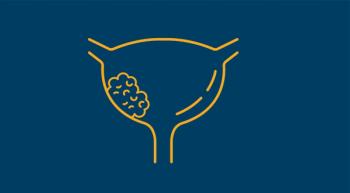
Patients treated with enfortumab vedotin before sacituzumab govitecan had low objective response rates and median PFS, which may raise questions about this sequencing approach.
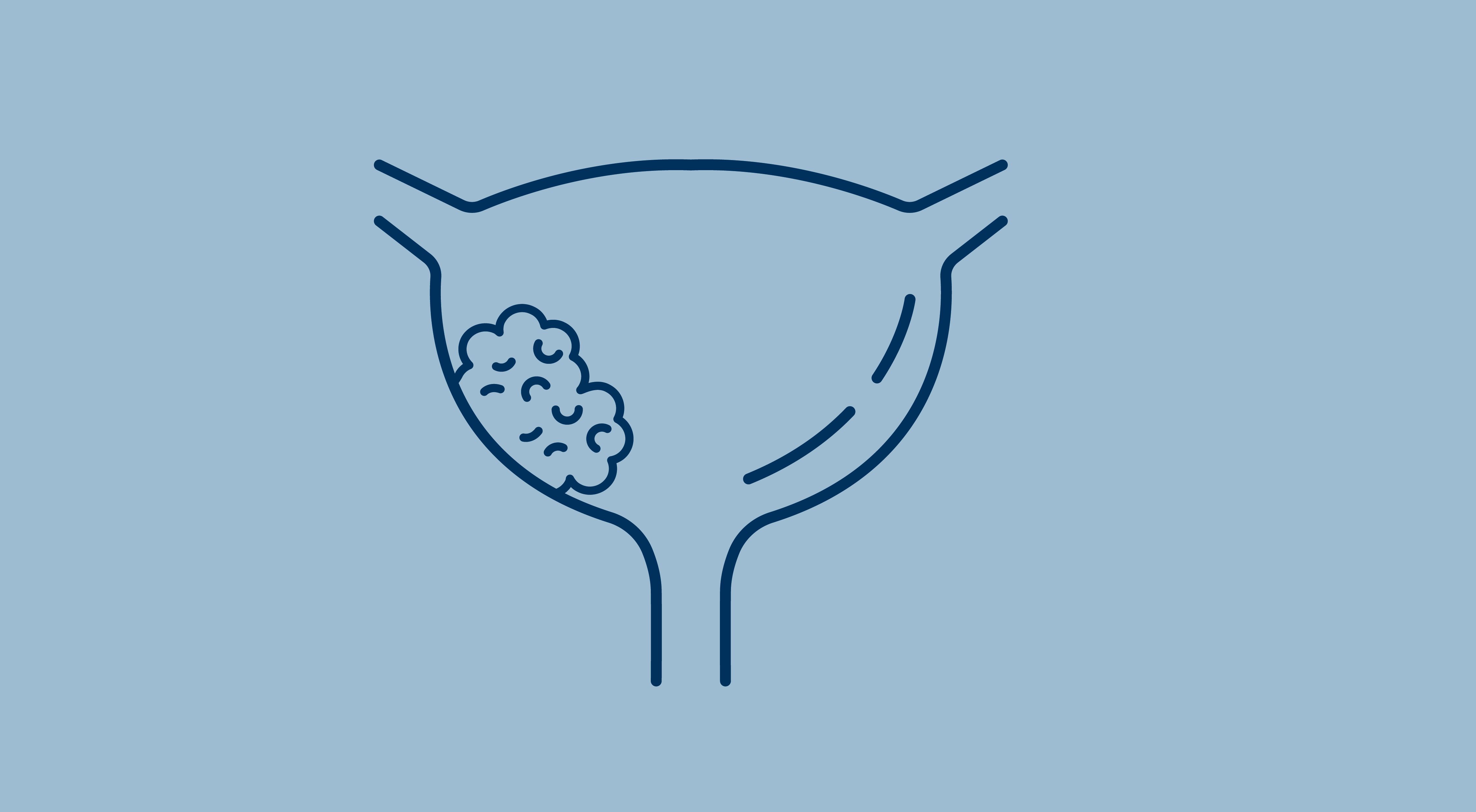

Patients treated with enfortumab vedotin before sacituzumab govitecan had low objective response rates and median PFS, which may raise questions about this sequencing approach.
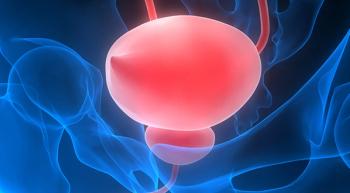
Nadofaragene firadenovec resulted in durable antitumor activity at 5 years in patients with BCG-unresponsive NMIBC either with carcinoma in situ or papillary disease.
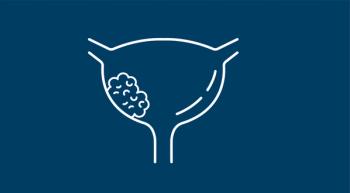
Patients with Bacillus Calmette–Guérin-unresponsive high-risk non–muscle-invasive bladder cancer treated with TAR-200 exhibited a high complete response rate to the treatment.

Patients with newly diagnosed and recurrent low-grade intermediate-risk non-muscle-invasive bladder cancer treated with UGN-102 displayed meaningful and similar responses and disease-free survival regardless of whether they underwent surgery.

Patients with high-risk BCG-unresponsive non-muscle invasive bladder cancer treated with nadofaragene firadenovec experienced lasting responses to the therapy for up to 3 years.

Throughout April, the FDA approved drugs for the treatment of diseases including solid tumors, lung cancer, multiple myeloma, bladder cancer, and low-grade glioma.

Nogapendekin alfa inbakicept-pmln has been approved for use with BCG for the treatment of BCG-unresponsive non-muscle invasive bladder cancer with carcinoma in situ, with or without papillary tumors.
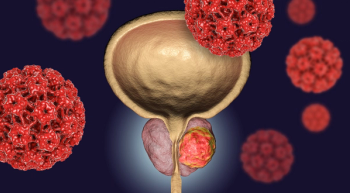
Significant advances have been made in diagnosing and treating bladder cancer, allowing for improved patient outcomes.

In the April 2024 issue of Oncology Nursing News, stories focus on bladder-preserving treatment options in bladder cancer, recent FDA approvals, conference news, and embracing vicarious resilience.

Research is focusing more on the realities of a cystectomy and how to improve treatment options.

Disease-free survival rates were extended in patients with upper tract urothelial cancer treated with adjuvant chemotherapy after nephroureterectomy compared with those who underwent surveillance.

Nivolumab plus cisplatin and gemcitabine received FDA approval for the first-line treatment of adult patients with unresectable or metastatic urothelial carcinoma.

All prespecified patient subgroups with metastatic urothelial cancer showed a clinical benefit with sacituzumab govitecan plus pembrolizumab in cohort 3 of the phase 2 TROPHY-U-01 trial.

A priority review has been granted by the FDA to trastuzumab deruxtecan for the treatment of unresectable or metastatic HER2-positive advanced solid tumors.
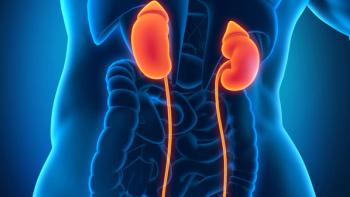
All patients enrolled in the EV-302 trial with previously untreated, locally advanced, or metastatic urothelial carcinoma obtained a survival benefit with enfortumab vedotin-ejfv plus pembrolizumab.
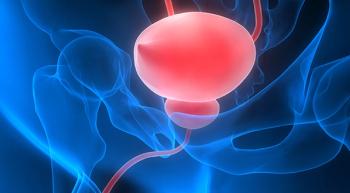
Patients with cisplatin-ineligible urothelial carcinoma treated with frontline pembrolizumab plus cabozantinib obtained responses with a manageable toxicity profile.

Patients with non-muscle invasive bladder cancer treated with the novel photodynamic therapy TLD-1433 experienced 6-, 12-, and 15-month complete response rates of 54%, 38%, and 37%, respectively.

Erdafitinib was approved for the treatment of adults with locally advanced or metastatic urothelial carcinoma, which amends a previously approved indication of the drug.

A breakthrough therapy designation has been granted by the FDA to TAR-200 for the treatment of Bacillus Calmette-Guérin–unresponsive, high-risk non–muscle invasive bladder cancer who are not eligible for or opted not to receive radical cystectomy.

The Food and Drug Administration approved an on-body delivery system for pegfilgrastim-cbqv, a biosimilar of pegfilgrastim.

The FDA has granted approval to enfortumab vedotin plus pembrolizumab for patients with locally advanced or metastatic urothelial cancer.

A priority review of nivolumab plus cisplatin-based chemotherapy as a frontline treatment option for adult patients with unresectable or metastatic urothelial carcinoma is underway.

Frontline treatment with enfortumab vedotin/pembrolizumab is associated with the highest healthcare costs for patients with locally advanced or metastatic urothelial carcinoma.

The FDA has granted enfortumab vedotin plus pembrolizumab priority review status for patients with locally advanced or metastatic urothelial cancer following data from the phase 3 EV-302/KEYNOTE-A39 trial.

Nivolumab plus gemcitabine-cisplatin improved overall and progression-free survival in unresectable or metastatic urothelial carcinoma.